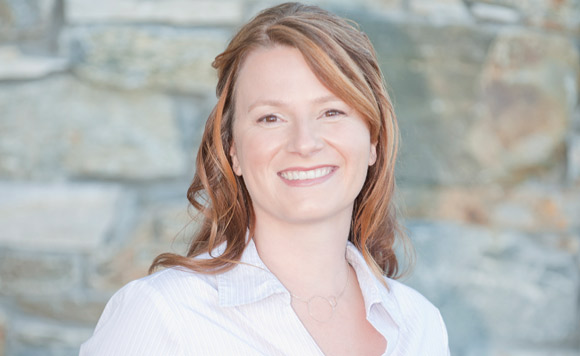Disappearing Dinosaurs: The Bellwethers Silently Talk Climate Change. The beautiful little sea turtle on our cover this month is seen as a “climate change canary.” Although they can’t tell us when they’re hurting, their behaviour, like that of honeybees, is an indicator of our planet’s health.
The effects of global warming will have enormous impacts on sea turtles and other wildlife. The rate of global warming far exceeds the abilities of animals to adapt naturally to such dramatic environmental changes. These changes are predicted to cause the extinction of many species over the next few decades. Sea level rise from the melting of polar ice is already contributing to the loss of beach and sea turtle nesting habitat. Weather extremes, also linked to climate change, mean more frequent and severe storms which alter nesting beaches, cause beach erosion, and inundate or flood sea turtle nests. (courtesy www.seeturtles.org)
In this issue of Seaside, we bring awareness to Earth Month with some articles that will help you contribute to a healthier planet, including our Seaside Homes Green Resource Guide (p. 32), which promises the latest trends, processes and materials you need to know about to make your home an energy-saving machine; a look at why permaculture is the most ethical choice when building your garden (p. 42); and a profile on a local preschool that brings its students to beaches for cleanup and recycling (p. 17).
We are all trying to make a difference in our world, leaving it a better place than we found it. Some are baby steps, some are leaps, but all matter. When I think of all the changes I’ve made and advancements that have come about in my lifetime, I can’t imagine what’s next, but have faith that we will help the bellwethers change their tune, and make our Earth green once more.




